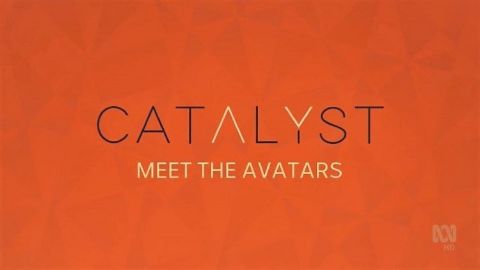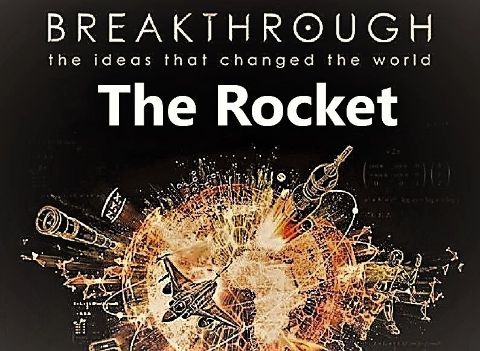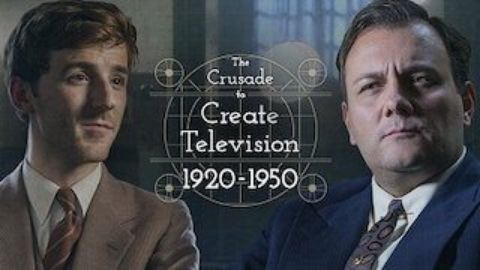The Cable that Changed the World • 2024
Tells the epic story of the first transatlantic communications cable laid between Valentia Island, County Kerry, and Newfoundland, Canada. The first transmission via undersea cable on 16th of August 1858 signalled a new age of modern communication and laid the foundation of modern Ireland's technology industry, with impacts still being felt today. Prior to this technological advancement, messages took at least ten days to travel by ship. Today, 99% of all internet and mobile communications are powered by undersea cable, not by not by satellite. In the digital age, undersea cable remains the cheapest and most efficient communications method, with all major global tech companies utilising and investing in them across the world. The two communities at the centre of this story, Valentia Island and Heart's Content, share a vision of securing UNESCO World Heritage status. It is hoped that the cable houses and communities that helped change the course of communication history and globalisation will be recognised in the coming years.
Make a donation
Buy a brother a hot coffee? Or a cold beer?
Hope you're finding these documentaries fascinating and eye-opening. It's just me, working hard behind the scenes to bring you this enriching content.
Running and maintaining a website like this takes time and resources. That's why I'm reaching out to you. If you appreciate what I do and would like to support my efforts, would you consider "buying me a coffee"?
Donation addresses
BTC: bc1q8ldskxh4x9qnddhcrgcun8rtvddeldm2a07r2v
ETH: 0x5CCAAA1afc5c5D814129d99277dDb5A979672116
With your donation through , you can show your appreciation and help me keep this project going. Every contribution, no matter how small, makes a significant impact. It goes directly towards covering server costs.





